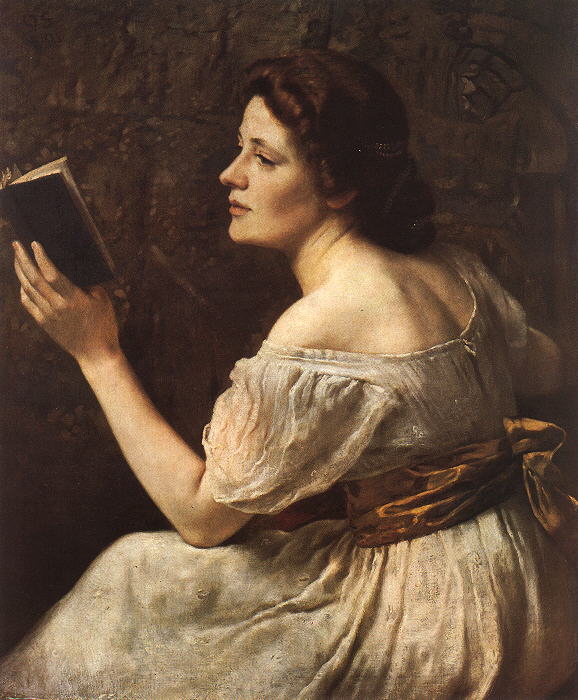1. The way Bacon uses the word "Idol" is something that is an error to our society that comes from our ancestors and culture. I don't believe in this meaning because when I think of an idol I think of something we deem important and wanna base our life and values after. We don't base our life on "errors".
2. Most people view a family member or a celebrity as their "idol" but in my opinion the only idol someone should have is God.
3. The idols responsible for individual reflection are the idols of the cave, which occur within the mind of the individual. The idols that are responsible for social intercourse are the idols of the tribe, which are the deceptive beliefs in the minds of humans.
No, restrictions would only make the man have more idols. A hermit would be more likely to be free of the idols.
Darwin:
1. The phrase "Survival of the fittest" means only the strong will survive. The strong will over power the weak forcing them to live in bad conditions. For example, if there were four kittens, depending on size one or two of them can die when the stronger ones make their way to their mom's milk, forcing the weaker kittens to not get the nutrients they need and die.
2. Breeders breed dogs with the certain traits they are looking for. For example size, color, and temperament. The traits they would breed together all depending on what they wanted out of the dog. Such as if they wanted a guard dog, a bird dog, or a service dog. They would find the best traits and breed them together.
3. Cloning makes Darwin's idea more simple. If you wanted to clone a strong man and get the exact same traits and qualities, it would speed up the process of natural selection and save you time from finding he exact qualities you want to breed with.
4. Today when I hear the phrase "survival of fittest" I think of sports. In my head the those who work the hardest and put in the time will be the ones to conquer leaving the weak ones to "die" or lose.



